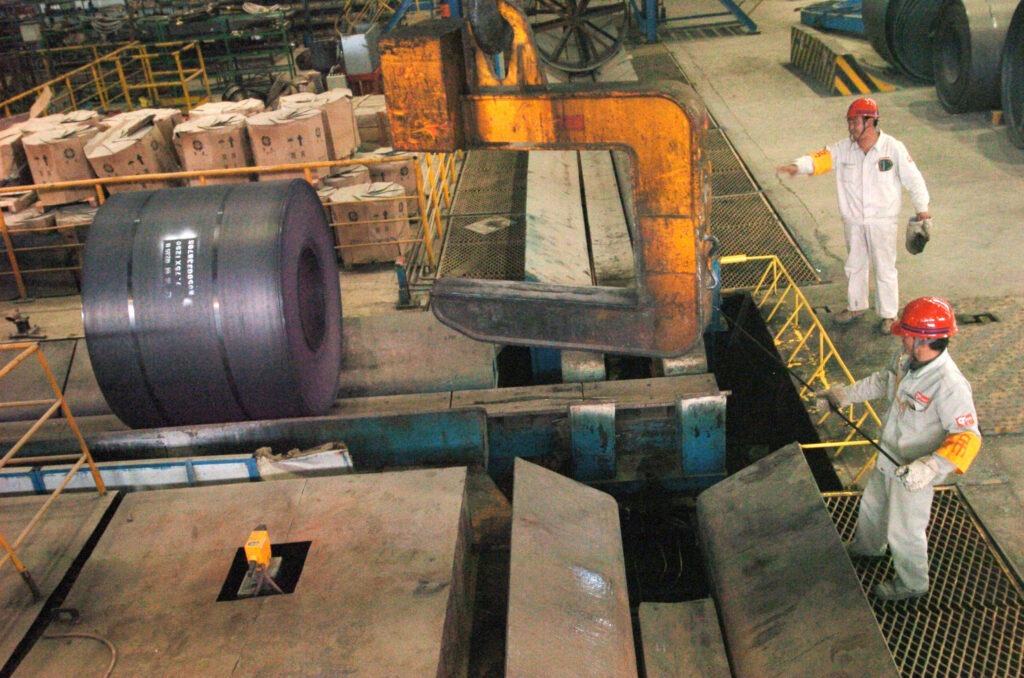
As Mexico has recently imposed anti-dumping taxes on Chinese steel products, the Chinese authorities are on edge as they come up with measures. As China has increased exports to overcome the economic slowdown, it has used Mexico as a “roundabout export route” to target the U.S. market, because this strategy is inevitable to be disrupted.

Hong Kong’s South China Morning Post (SCMP) reported on the 20th (local time) that Mexico imposed 31% anti-dumping tariffs on Chinese steel nails on the 14th. Earlier this month, Mexican authorities imposed 3.68-12.35% anti-dumping tariffs on Chinese steel balls (鋼球). According to China’s trade relief information under China’s Ministry of Commerce, 240 similar lawsuits have been filed against Chinese companies in recent years. Regarding Mexico’s imposition of anti-dumping tariffs on Chinese steel products, the SCMP said, “It appears to be intended to accommodate the U.S. demand,” adding, “It could add to the concerns of Chinese producers and investors as additional trade sanctions are expected ahead of the U.S. presidential election in November.” Chinese authorities believe that Mexico is likely to expand anti-dumping tariff items with the aim of reducing or blocking the inflow of Chinese products into the country under U.S. pressure. Former U.S. President Donald Trump has vowed to impose 60% tariffs on Chinese products, especially on automobiles. President Joe Biden is also focusing on a derisking policy that focuses on blocking China’s access to high-tech industries. As a result, Mexico has made a reflective profit to become the largest importer of the U.S., and last year, Mexico’s exports to the U.S. amounted to $475.6 billion, beating China, which recorded $427.2 billion for the first time in 20 years. As global supply chains have been hit since the COVID-19 pandemic, the “near shoring” of each country’s industrial production bases being moved to Mexico has affected it. SCMP said that China has used Mexico as a bridgehead for exports to the U.S. In this situation, China’s exports to Mexico last year amounted to $81.5 billion, up 5.1% year-on-year. Among them, exports of auto parts increased by a whopping 260% last year compared to 2017, just before the U.S.-China trade war that took place after former President Trump took power. The maritime transportation information company Geneta said the growth rate of container shipments between China and Mexico surged from 3.5% last year to 34.8% last year, and January this year increased 60% compared to the same month last year. In the U.S., it is pointed out that Mexico has become a detour for the inflow of Chinese goods to the U.S. Republican Senator Josh Hawley proposed a bill on the 28th of last month to raise tariffs on Chinese cars from the current 27.5% to 125%. The bill signed a free trade agreement (FTA) with the United States, stipulating that even if a car is made and exported in a country without tariffs, if the manufacturer is a Chinese company, it must pay tariffs.
JULIE KIM
US ASIA JOURNAL



